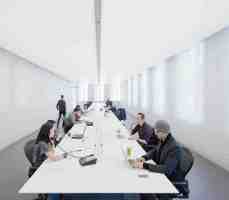December 15, 2015
Focus on women on boards masks other determinants of female leadership 0
 High profile initiatives such as Lord Davies’ report are doing their bit to increase gender composition, but according to the latest research, based on current “business as usual” trends, women are unlikely to comprise 30 percent of directorships in publicly held companies until 2027. This is despite the fact that the latest research of companies in the MSCI World Index with strong female leadership generated a Return on Equity of 10.1 percent per year versus 7.4 percent for those without. Although a direct causal link between women directors and better outcomes has yet to be established, many institutional investors are increasingly focused on the gender composition of company boards. Some studies show significant outperformance by companies with women on boards, though no one can show a direct link between the two. Focusing exclusively on the make-up of boards however, can mask other important dimensions of female leadership.
High profile initiatives such as Lord Davies’ report are doing their bit to increase gender composition, but according to the latest research, based on current “business as usual” trends, women are unlikely to comprise 30 percent of directorships in publicly held companies until 2027. This is despite the fact that the latest research of companies in the MSCI World Index with strong female leadership generated a Return on Equity of 10.1 percent per year versus 7.4 percent for those without. Although a direct causal link between women directors and better outcomes has yet to be established, many institutional investors are increasingly focused on the gender composition of company boards. Some studies show significant outperformance by companies with women on boards, though no one can show a direct link between the two. Focusing exclusively on the make-up of boards however, can mask other important dimensions of female leadership.
































December 15, 2015
Seven essential workplace design trends to keep an eye on during 2016 0
by Dan Callegari • Comment, Facilities management, Workplace design
(more…)